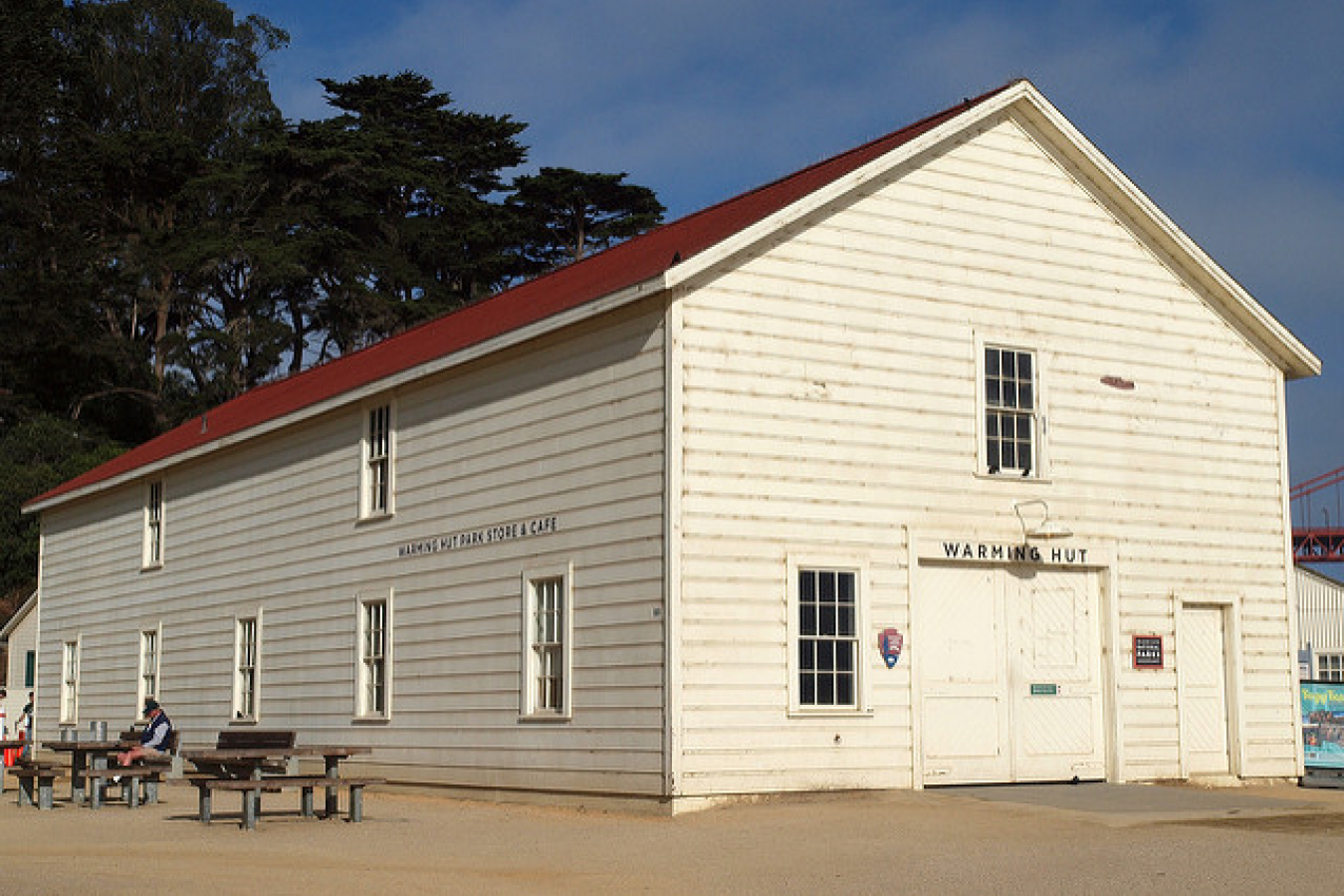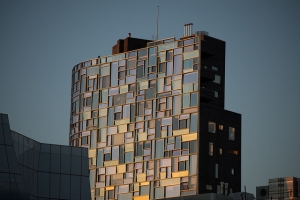Support migrant centric journalism today and donate

Washington - The US Federal Government have been pushing to fortify a 3-mile stretch of border just north of Tijuana, Mexico which has been a favourite crossing point for illegal immigrants and drug runners.
The plan to reinforce a ragged fence called Smugglers Gulch within the westernmost stretch of the California-Mexico border has been opposed California coastal regulators and environmentalists who say it could harm a fragile Pacific estuary.
In the early '90s, over 500,000 people a year were being apprehended illegally crossing the border in the San Diego area. As evening approached, hundreds would congregate on the south side of the border and prepare for the nightly scramble to the north.
Smugglers exploit the opportunity the location provides for sneaking their groups into California because the secondary fence and the buffer zone that deter crossing elsewhere are noticeably absent from the region. This is due to a California Coastal Commission ruling that building the secondary wall, which exists along other parts of the border, would violate the COASTAL ACT and threaten an endangered species.
However, a new immigration bill expected to pass the House next week would entitle the Homeland Security Secretary to move forward with the project regardless of any laws that stand in the way, and would bar courts from hearing lawsuits against it.
But environmentalists and the California Coastal Commission, the independent state agency that regulates the state's coastline, say the plan promoted by U.S. Customs and Border Protection is too extreme.
"We're going to destroy our environment in the name of fear,'' said Peter Douglas the commission's executive director. "Frankly, there are ways that we can do both, protecting the environment and meeting the concerns of border control and homeland security.''
The provision to finish off the border barriers is part of immigration legislation introduced last week by House Judiciary Committee Chairman James Sensenbrenner, R-Wis., that would also prevent illegal immigrants from getting driver's licenses and make it harder for them to get political asylum.





















